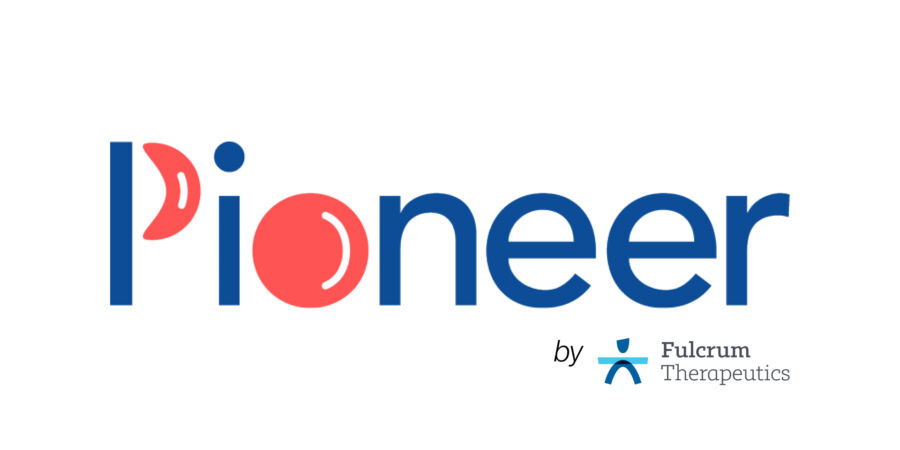The Pioneer Study
 Patient-friendly certified
What is this?
Patient-friendly certified
What is this?

About the Study
What is the Study Goal?
This study is looking at an investigational medicine called Pociredir to see if it is safe and if it works as expected to help people with sickle cell disease.
What are the Study Details?
Eligible participants will take one pill by mouth daily for 12 weeks. The study duration is up to 4 months, including a follow-up visit with the doctor or study team about 4 weeks after completing treatment.
Read moreParticipation information
Countries
15 United States sites
3 Nigeria sites
1 South Africa site
Age
18 to 65 years
Gender
All
Genotypes
SCD type SS
SCD type SC
SCD type Sβ0 thalassemia
SCD type Sβ+ thalassemia
Study Information
Study type
Clinical
Interventions
Pociredir
Phase
1
Compensation
Please see “About the Study” details for information on Patient Support Resources.
Am I Eligible?
Requirements
You may be eligible to participate in this study if you:- Are between 18 and 65 years of age.
- Have been diagnosed with sickle cell disease
-
- Hb SS
- Hb Sβ0
- Hb Sβ+
- Hb SC S/S, S/β0, S/β+, and S/C only.
- Have previously taken hydroxyurea at the highest prescribed dose for at least 6 months, but it was either not effective or could not be continued for medical reasons specified by your doctor.
Note: These are not the only eligibility criteria for this clinical research study, and other criteria may impact your ability to participate. A clinical research team member will help determine if you meet all necessary criteria to participate.
Restrictions
You can't participate in this study if you:- Needed urgent medical care related to your sickle cell disease in the last 14 days.
- Had a bone marrow or stem cell transplant, or gene therapy.
- Have severe kidney problems (as shown by a specific kidney test), or are on dialysis.
- Receive regular blood transfusions or have had a transfusion.
- Have active cancer, a history of most cancers (some skin cancers are okay if resolved), or a family history of certain inherited cancers. Also, have specific genetic conditions that might increase risk of leukemia.
- Are currently taking hydroxyurea (HU), or took it within the last 60 days.
Note: These are not the only exclusion criteria for this clinical research study, and other criteria may impact your ability to participate. A clinical research team member will help determine if you meet all necessary criteria to participate.
Study point of contact
| Yemi | |
| 617-651-8853 | |
| [email protected] |
Study Sites
- Miami, Florida, United States, University of Miami Health System
- Boston, Massachussetts, United States, Boston University Medical Center
- Bronx, New York, United States, Jacobi Medical Center
- Chapel Hill, North Carolina, United States, University of North Carolina at Chapel Hill
- Richmond, Virginia, United States, Virginia Commonwealth University
- Baton Rouge, Louisiana, United States, Franciscan Missionaries of Our Lady Health System
- Little Rock, Arkansas, United States, University of Arkansas for Medical Sciences
- Oklahoma City, Oklahoma, United States, Lynn Health Science Institute
- Los Angeles, California, United States, David Geffen School of Medicine at UCLA
- Houston, Texas, United States, University of Texas Houston
- Jamaica, New York, United States, Queens Hospital Cancer Center
- Atlanta, Georgia, United States, Sonar Clinical Research, LLC
- Johannesburg, South Africa, Contractual Name & Address
- Greenville, North Carolina, United States, East Carolina University
- Boston, Massachussetts, United States, MGH Harvard
- Chicago, Illinois, United States, University of Illinois Chicago Sickle Cell Center
- Abuja, Nigeria, National Hospital, Abuja
- Kaduna, Nigeria, Barau Dikko Teaching Hospital
- Ibadan, Nigeria, University of Ibadan